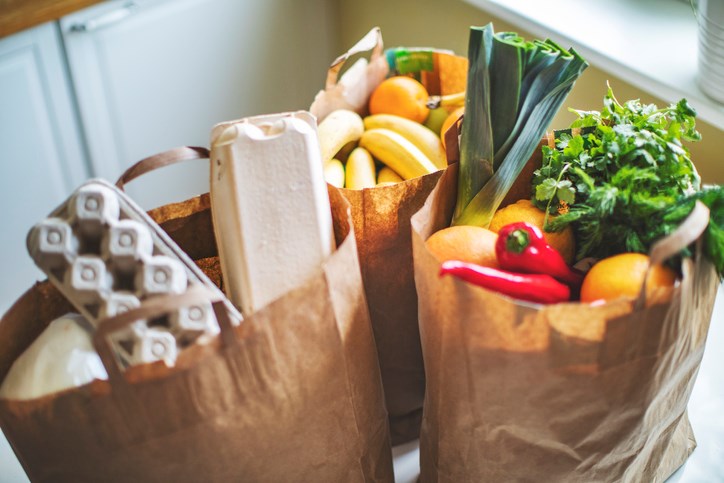My heart did two things this week.
First, my heart went out to my mother – who is in her 80s – and her senior citizen friends who are on fixed incomes and have to deal with inflation. (Same goes for people with disabilities who are unable to work.)
Second, my heart felt like it had stopped when I went to the grocery store on Saturday and saw prices for many staple foods had jumped again. I keep track of all of my grocery bills and do regular checks on the prices.
I’ve used the phrase before but “sticker shock” definitely feels apt for what I felt while perusing the aisles. I had a conversation with a retiree as she look shaken by the prices.
“I have to make some really difficult choices when I’m shopping,” she said. “I skip a few things that are actually pretty essential but I don’t have a choice.”
Canada's headline inflation barometer struck 6.7% in March, an annual rate that Statistics Canada said hasn't been seen since January 1991.
Part of that are gas prices, which rose by nearly 40% compared with March 2021.
Listed below are some of the prices that have gone up between March 2021 and March 2022 at the grocery store – it’s a mix of items:
- Margarine: 27.8 per cent
- Oranges: 23.9 per cent
- Sugar and syrup: 20.8 per cent
- Bacon: 17.9 per cent
- Beef: 14.1 per cent
- Jam and jelly: 13.9 per cent
- Lettuce: 12.4 per cent
- Coffee: 10.6 per cent
- Milk (whole and low-fat): 7.7 per cent
- Apples: 6.2 per cent
- Canned tuna: 5.8 per cent
- Baby food: 4.5 per cent
- Potatoes: -1.2 per cent
- Tomatoes: - 1.8 per cent
- Cookies and crackers: 6.1 per cent
- Ice cream: 5.2 per cent
- Potato chips: 3.2 per cent
- Beer: 4.2 per cent
- Wine: 2 per cent
- Liquor: 1.8 per cent
- With files from the Canadian Press
Follow Chris Campbell on Twitter @shinebox44.



